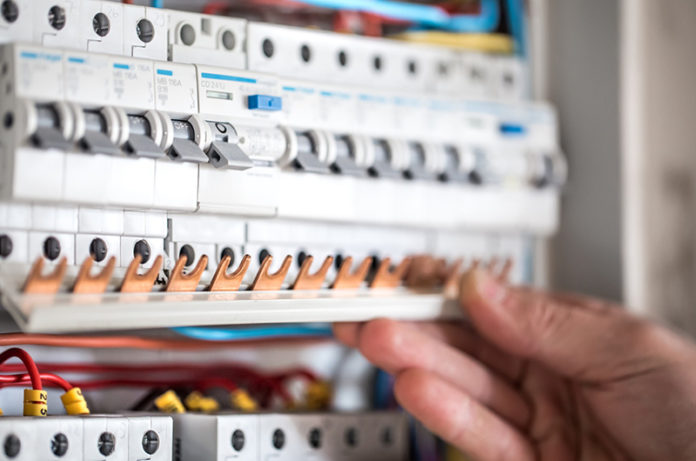Electrical Safety at Home. We all know that electricity is a powerful and dangerous force, but we may not always fully appreciate the risks it poses in our homes. Electrical safety at home can be a complicated topic to master, so that this article will break down some of the most important electrical safety tips for you.
Electrical Safety Tips For Your Home
Electricity is hazardous to people in the home. It can kill quickly and unexpectedly, cause serious injury, or destroy property. The following electrical safety tips for your home are designed to help you avoid electricity-related accidents that could harm you or your family.
- A regular check should be made for damaged electrical wiring and devices. Damaged cords should never be used, as they can become a fire hazard.
- Electrical appliances that are often in use – such as microwaves, coffee makers, toasters, etc. – will generate heat from the electrical coils inside of them during operation. It is a good idea to keep these appliances away from fabrics and papers that could catch fire.
- Electrical devices should never be placed on wet surfaces – this is an easy way to create a shock hazard in your home.
- Showers are not the best place for electrical devices, so try keeping all electronics at least 15 feet away while you are in the shower.
- Electrical outlets in wet areas – such as bathrooms or kitchens – should always have ground fault receptacles installed, which will shut off power to the outlet if there is a short circuit due to water contact. These are readily available at hardware stores and can be easily installed by an electrician if you don’t feel comfortable doing it yourself.
- Electrical outlets tend to overheat when they are overloaded by too many appliances plugged in at once, so avoid plugging multiple high-wattage devices into an outlet or extension cord if possible.
If you have questions about electrical safety for your home, be sure to consult a professional electrician before attempting any repairs on your own. Electrical safety is essential for your home, and it can help save you money on your electrical bills as well.
Checklist For Electrical Safety at Home
- Check the main switch fuse box at least once a month
- Never assume that an old or damaged fuse box is safe. Has it been replaced?
- Look out for signs of overheating, melting, arcing, charring, or smoke
- Don’t overload your power sockets with too many appliances plugged in at the same time
- Check when appliances are in use that they are not overheating
- Turn your power off at the fuse box before changing light bulbs or fuses. This reduces the risk of electric shock.
- Consider having an electrician upgrade your electrical wiring to meet current safety standards
- Keep children well away from electricity cables, sockets, and switchboards. Avoid buying toys that require electricity to operate where possible or ensure that they are adequately insulated.
- Keep all power cords in good condition and keep them away from heat sources
- Check for frayed power cords before each use of an electrical appliance. Don’t use damaged appliances.
What to do in Case of Electric Shock?
If someone is electrocuted, switch off the power source and call for medical assistance immediately. A person who has been shocked may still be in contact with a live electrical supply – so don’t touch them until they are disconnected from it by an electrician or qualified helper. If you have to move the victim before help arrives, take care not to touch them again yourself.
What is First Aid Treatment of Electric Shock ?
Electricity is often called the invisible killer, but it can leave physical evidence behind. For example, tissue damage is sometimes visible around the point of entry on your body. Take care to inspect this area during first aid for signs of burns or other injuries.
Unconsciousness is another sign that an electric current has passed through your body. Often, the victim will have no recollection of what happened. Finally, remember that in some cases, a person may appear to be uninjured after an electrical shock but suffer cardiac arrest within hours or days.
If you suspect someone has been electrocuted, contact emergency services immediately and follow these first aid instructions: Check the breathing, circulation, and chest movement of the victim. DO NOT move the victim until you have dealt with the other injuries.
